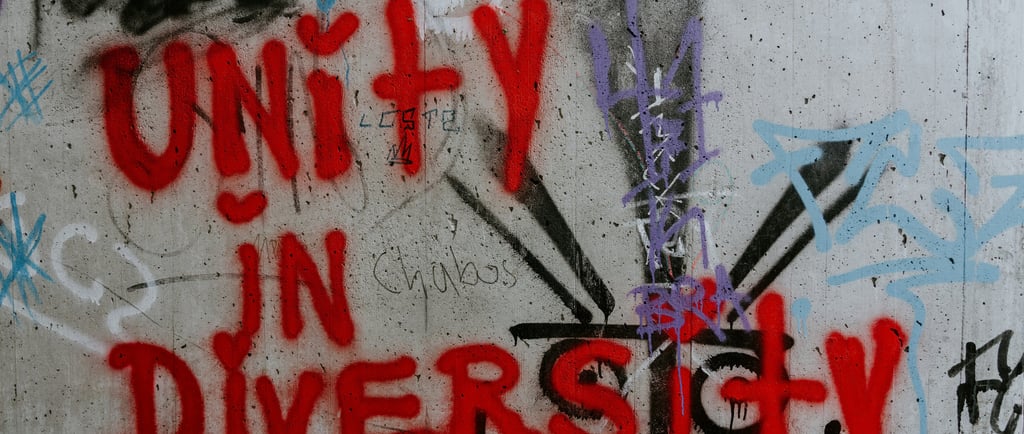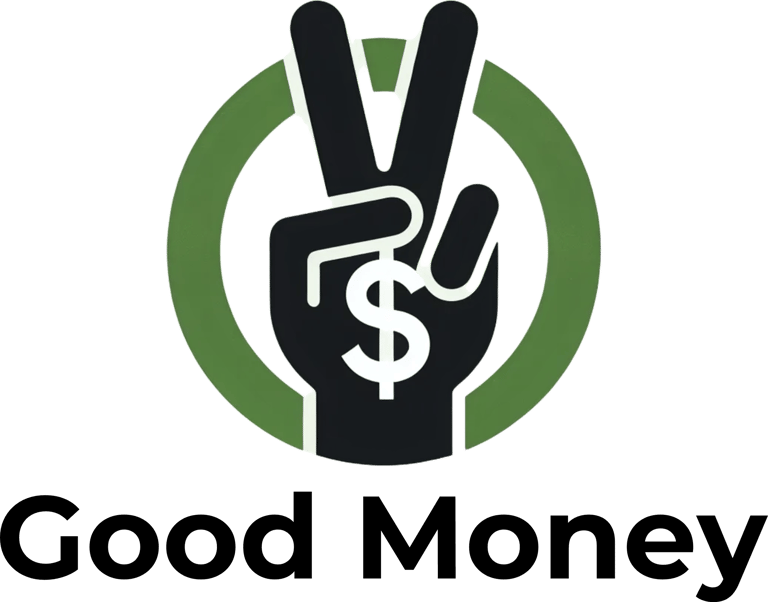Despite National Backlash, DEI Thrives in Hawai‘i’s Unique Cultural Landscape
While recent executive orders from President Donald Trump target diversity, equity and inclusion (DEI) initiatives across public and private institutions, Hawai‘i continues to embrace these programs — shaped by its distinct cultural values and community needs.
NEWS
Staff
6/10/20251 min read


While recent executive orders from President Donald Trump target diversity, equity and inclusion (DEI) initiatives across public and private institutions, according to Hawaii Business Magazine, Hawaii ‘continues to embrace these programs — shaped by its distinct cultural values and community needs.
In January, Trump issued directives including “Ending Illegal Discrimination and Restoring Merit-Based Opportunity” and “Ending Radical and Wasteful Government DEI Programs and Preferencing.” But in Hawaii, many business and nonprofit leaders say DEI efforts remain essential.
“People don’t always realize that DEI gave rise to things like parental leave, anti-harassment policies, mentoring, and workplace accommodations,” said Randy Soriano, executive director of the Hawaii ‘LGBT Legacy Foundation. “At its core, DEI is about creating environments where everyone can thrive.”
Though mainland rhetoric affects local organizations, Hawaii's approach is more rooted in shared values, said Greg Waibel, president and CEO of the YMCA of Honolulu.
“Our conversations tend to be more community-focused and less politically charged,” Waibel said. “Here, DEI isn’t just necessary — it’s essential.”
He emphasized that while Hawaii takes pride in its cultural diversity, true inclusion extends beyond race and heritage. The YMCA trains staff using a Diversity Wheel, a framework that includes socioeconomic status, education, parental responsibilities and geographic origin — dimensions that shape identity and access.
Economic disparities, in particular, present major challenges, Waibel said. “The cost of living affects access to basics like childcare, education and food. That’s why DEI matters — it helps us meet real needs.”
He noted that many local children don’t know how to swim, contributing to one of the nation's highest drowning rates. The YMCA offers free water-safety classes and financial aid for swim lessons — a practical example of DEI in action.
Lori Teranishi, CEO of business consultancy iQ 360, agreed that DEI must address systemic inequities, particularly those affecting Native Hawaiian communities.
“True inclusion means asking who has access to leadership and opportunity,” she said. “You can’t sustain a healthy society with widening income gaps.”
While economic pressures might cause some companies to deprioritize DEI, Hawaii leaders say these initiatives are more relevant than ever.
Connect
Discover businesses aligned with your values today.
info@goodmoney-app.com
© 2025. All rights reserved.
Write your text here...
A Subdivision of Original Media Group LLC.

